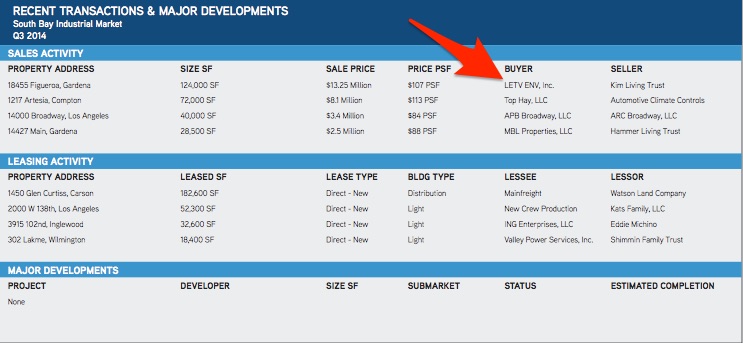Mysterious Tesla Rival Faraday Future Backed by Netflix of China, LeTV

For one, chairman of LeTV Jia Yueting once compared Apple to Hitler on his verified Weibo page. For another, several media outlets have mentioned Jia sought a license to make an electric car that would rival Tesla last year.
"This is our dream and passion," Jia told Bloomberg about his plan to build electric vehicles in 2014. "Look at China's skies, all responsible corporate citizens want to do something about it. This is the truth."
The Chinese billionaire reportedly cashed in $1.2 billion of his own shares in LeTV this spring, then loaned it back to the company, presumably to bankroll the new electric vehicle project.
The thinking at the time was that LeTV would be building a "reasonably priced" Internet-linked smart vehicle in China. The Beijing-based company has since hired talented engineers away from Tesla and other U.S.-based car companies – and it looks like LeTV also set up shop to build its vehicles in America.
Added to that, in a sign of further intent, LeTV bought a majority share in Chinese Uber rival Yidao Yongche last month for $700 million.
TechCrunch surfaced a Collier's Market Report mentioning LeTV ENV, Inc. as the buyer of the Gardena headquarters in 2014.

Further research links Chinese film producer Chaoying Deng as the CEO for the company. According to LinkedIn, Deng is the director of Le Vision Pictures, which is a subsidiary of LeTV. A quick perusal of "People Also Viewed" on the b2b social networking site includes Tony Nie, general manager at Zapple New Energy Vehicle Company.
Zapple New Energy Vehicle Company is possibly another name for LeTV's Faraday Future, as LeTV ENV (or Energy New Vehicle, possibly mixed up from New Energy Vehicle) is mentioned as the buyer of Faraday's 124,000 square-foot office building in Gardena.
Zoom Info also mentions Nie as a "senior vice president" working at the Faraday Future address in Gardena.
A lot of the evidence to support Faraday Future's backing from the Chinese tech conglomerate is of public record. So why all the dodging from Faraday? It may have something to do with the way the company plans to market its vehicles.
According to a source familiar with the matter, Faraday Future needs to be seen as a U.S.-based Tesla rival. "Chinese people don't want to buy Chinese products," the source told TechCrunch.
However, there are rumblings in management. Faraday Future plans to release a vehicle rivaling Tesla's model S in 2016. We've heard the price will be north of $100,000 (Tesla prices its Model S at $70,000). According to a source, some of the employees don't agree with the high price or the direction the company is taking.
China is a wide-open market with a lot of U.S. interest for getting into it. However, that six-figure price might be a hard sell to the Chinese market. It's also a hard sell to the U.S. market, even at the Model S price.
A few key people may have left the company over the current plan. Faraday Futures head of communications Marcus Nelson quietly left the company in September. Nelson took to Medium today to explain (or rather black out an explanation) for why he left.
"What I will tell you is it'd be great to work for a company with similar opportunity," wrote Nelson.
Related News


